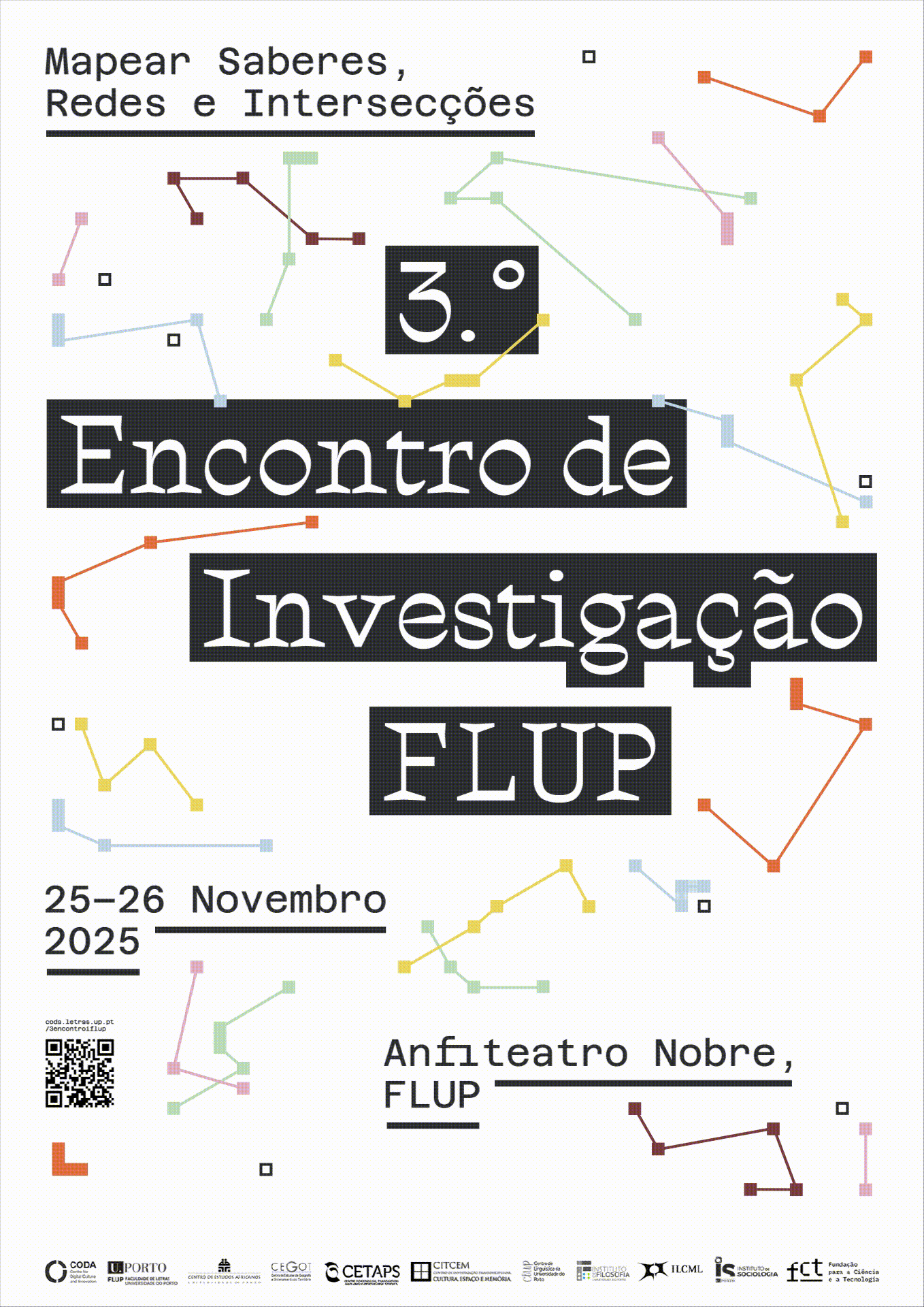#CODA – Wikimedia Sessions
The sessions resulting from the collaboration between CODA and Wikimedia Portugal aim to engage FLUP and UPorto community in exploring a significant resource for the study and development of digital culture. The number of GLAM institutions (Galleries, Libraries, Archives, and Museums) associating their digital collections with Wikidata, the largest knowledge network today, is steadily increasing. In Portugal, notable examples include the digital archive aggregator Rossio (https://rossio.pt/) and the National Library of Portugal (https://www.bnportugal.gov.pt/); internationally, institutions such as the University of Edinburgh, Reina Sofía Museum, MoMA, The British Museum, Smithsonian Archives of American Art, among others, stand out. In addition to facilitating connections and cross-referencing with various sources, Wikidata provides redundancy and security for institutional data. Furthermore, the significance of Wikipedia cannot be overstated; by utilizing academic knowledge as its primary reference, it has the potential to exponentially increase its reach and social impact.
#CODA 404 – 2eR in DH
A cycle of lectures/workshops exploring the multiple ways in which research in the field of digital humanities may stray or deviate from ‘correct’ or ‘expected’ practices and methods. Intended to be a thought-provoking series of talks for anyone interested in the intersection of technology, art, and humanities, these lectures will present unconventional perspectives on the ways in which digital tools and methods can be used to challenge and subvert traditional ways of thinking and creating.
#CODA – Hacktivating the Humanities
The idea of hacking, which popular culture has associated with the invasion or destruction of systems, has emerged as a non-standard way to overcome obstacles and limitations of computer systems. With reference to its original character, this concept can be a powerful tool to activate and revitalize the humanities field. Building on this premise, the “Hacktivating the Humanities” cycle, a CODA – Centre for Digital Culture and Innovation – initiative, aims to bring together national and international researchers whose research can demonstrate how creative and sometimes disruptive approaches are used to transform the way we think about and interact with culture, the arts, and social and human sciences. In this inquiry, participants will also be challenged to rethink their own practices and, therefore, to seek new ways of (re) hacktivating their own paths.
ADOC#CODA
In these sessions, guest experts teach open classes, carefully tailored for a specific purpose: to enhance students’ understanding of Digital Humanities, regardless of their field of study. These classes, conducted temporarily, provide a space where knowledge in DH is deepened, disciplinary boundaries are overcome, and interaction among different areas of study is fostered, making this cycle an encouragement for interdisciplinary collaboration in an ever-evolving field.
